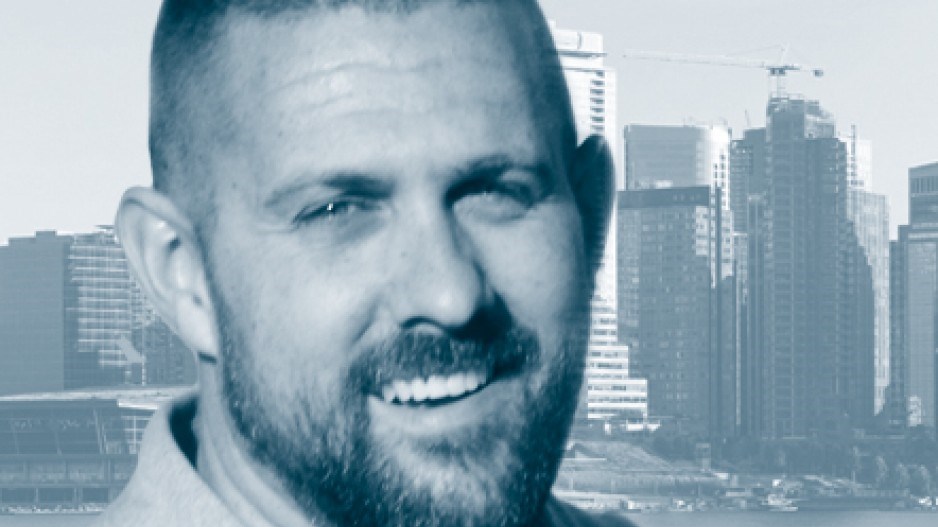Theresa Wiseman, a nursing scholar from the University of Southampton, describes empathy as having four characteristics:
•perspective taking – recognizing another’s truth as our own;
•refraining from judgment – something so hard to do considering how much we all enjoy it;
•connecting with another’s feelings – it’s not necessarily agreeing with the other party, but instead connecting with their feeling; and
•communicating that connection – in the end, all humans want to be seen, heard and understood.
Empathy is one of humanity’s greatest strengths. But this muscle requires training, now more than ever as artificial intelligence (AI) starts automating our jobs. In other articles, I have written about how human work in the future will be different, mostly because robots will make many of the jobs humans currently perform obsolete.
While the influence of technology is rapidly growing, human connection and empathy are needed more than ever.
According to the World Economic Forum’s Future of Jobs report, the jobs that humans will continue to have are the ones associated with the things that – go figure – make us human. Things like critical thinking, creativity, negotiation and, of course, our ability to emotionally connect with others: empathy.
The law industry is not immune to the changes that AI will bring. Increasingly, AI is being used to do tedious, time-consuming work like collecting data, performing due diligence, searching records, reviewing old cases and verifying facts.
Paralegals and junior lawyers are already at risk of losing their jobs to AI. Many law firms will go out of business as many basic legal offerings can be done online.
The silver lining? Law firms that purposefully build a practice based on shared human connections will thrive.
Enter Elizabeth Mah, founder of Paperclip Law, who decided eight years ago to build a different kind of law firm – one where people felt great about being at a lawyer’s office. In a field typically characterized as being cold, stiff and impersonal, Paperclip Law is an exception. As an ongoing part of building a human-centred legal experience, Mah recently invested in empathy trainings for her team. “I read a report recently that 60% of CEOs believe that their companies are empathetic, but only 24% of employees agree,” Mah said. “I didn’t want my company to be part of that statistic.”
And with good reason: empathy has a direct impact on how long team members stay with an organization as well as their engagement. Businessolver recently surveyed hundreds of North American companies and found that one in three people surveyed would switch jobs for a more empathetic manager, 40% would work longer hours and 56% would stay in their current position if they felt more valued.
Empathy has direct impact on the bottom line too. The same study revealed that 87% of CEOs surveyed see a direct correlation between empathy and profits. Not surprisingly, 42% of clients surveyed said that they would refuse to buy from an organization they didn’t feel to be empathetic.
Mah and her team at Paperclip Law get this, and have designed their approach to remove those ill feelings after seeing a lawyer: retainer agreements built on trusting long-term relationships rather than hourly rates, chatting before invoicing instead of billing and ducking, and a TLC (Team Legal Counsel) offering to sit on the same side of the table as their clients. The premise is simple: when a team of lawyers (not just one) embeds itself into its clients’ dreams and aspirations instead of just the legal documents, clients feel supported, valued and appreciated.
The effect is repeat business, referrals and a happier work life for the lawyers and the team that supports them.
Like anything, empathy gets easier over time. But it requires practice. Which is why part of Paperclip’s on-boarding experience and professional development plans is rooted in empathy training.
Mah has seen results.
“We have become much better at engaging with people who come from different cultures, ages and communication styles,” she said. “And amongst our team, we have learned to recognize each other’s strengths. Every one of us brings something valuable to the table.”
For Mah and Paperclip Law, the future looks bright. Their winning formula? Empathy. •
Casey Miller ([email protected]), president of Six and a Half Consulting, is a leadership and team development specialist. His consultancy teaches organizations the skills needed to create motivated and inspired workplaces.




